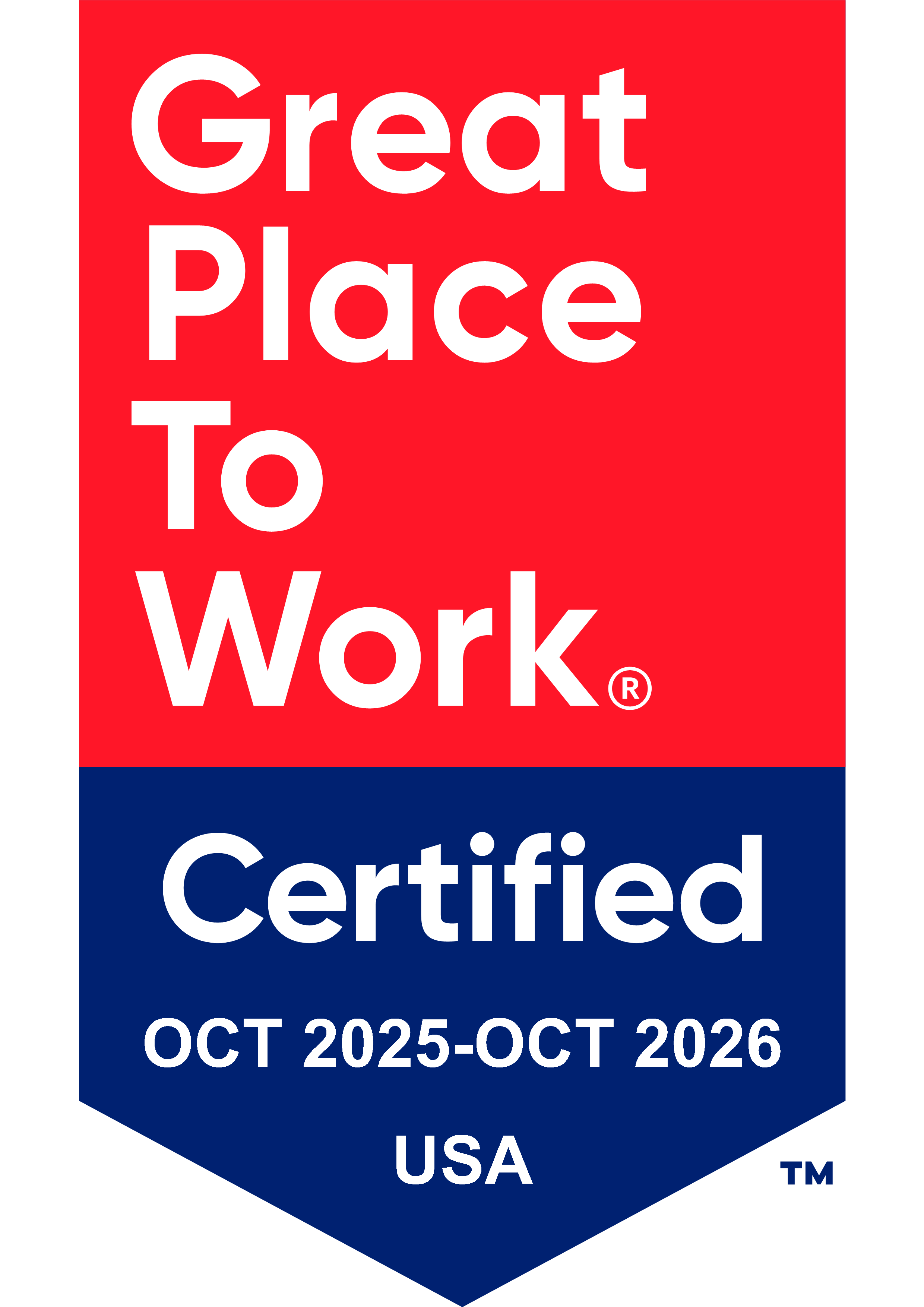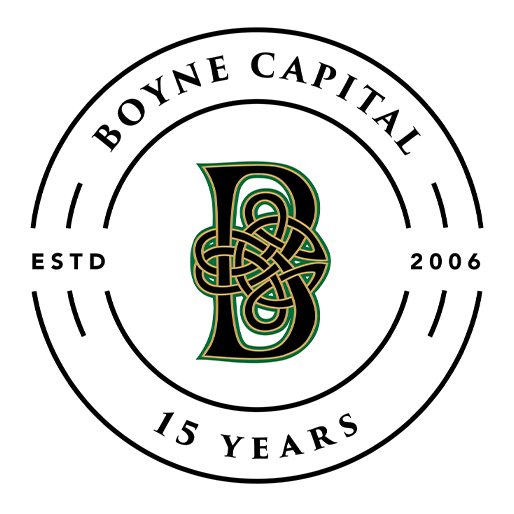Depending on the situation, that financial health check-up may require the services of a specialist steeped in financial reporting and auditing. Besides capital, Boyne Capital portfolio companies enjoy a variety of other competitive advantages, including access to expert specialty services from independent professionals to understand how the company is really performing, uncover where problems lie, and improve operations.
For readers contemplating the sale of their business, Cary Luhn, CPA, at Calvetti Ferguson, one Boyne Capital’s valued business solutions partners, offers some sage advice on preparing a company for sale. Shining a light on the need for a Quality of Earnings Report to establish a realistic, defensible EBITDA for a business, Cary points out that there’s EBITDA and then there’s Adjusted EBITDA. What’s the difference? Read on for more…
What Business Owners Need to Consider Before Selling Their Business
courtesy of Cary Luhn, CPA, Accounting Services Partner In Charge, Calvetti Ferguson
As a business owner, it is difficult not to be enticed by the current talk of high EBITDA multiples, a ripe market to sell, and the looming possibility of higher capital gains taxes. We regularly meet with business owners who have successfully grown their businesses and are considering an exit strategy. However, as many of these business owners go down the path to prepare for a sale, their plans are often thwarted by the overall condition and lack of financial data.
Much of the risk inherent in this process can be better managed if business owners invest the time now to prepare for this transaction.
EBITDA Matters…Adjusted EBITDA Matters More.
All prospective buyers will conduct an incredible amount of scrutiny over details comprising EBITDA, most likely through a Quality of Earnings (Q of E) report. The universal language for financial reporting is GAAP – Generally Accepted Accounting Principles. For many companies, this represents a change from their current accounting method – such as cash or accrual – and can change EBITDA significantly.
During a Q of E study, and throughout the due diligence process that follows, there will be a lengthy and detailed list of documents reviewed by the buyer. Owners must be prepared to devote time to this process and plan for other officers or employees to assist with the sales and operations of the company.
One of the first things an investor or buyer will do is review the income statement for adjustments to arrive at adjusted EBITDA – an accurate reflection of the post-close run-rate of earnings. This is often the basis for purchase price negotiations, and the final sale price is typically a multiple of this figure. Common EBITDA adjustments include:
- One-time events that are unlikely to recur, such as the PPP loan forgiveness, an insurance settlement, or legal expenses
- Personal expenses that would not be paid after the sale, including car lease payments beyond ordinary business use, personal charges on a company credit card, or owner salary, distribution, or benefits that are higher than market
- Items related to the conversion to GAAP basis which can be very broad in scope
Service and software companies can have significant adjustments to revenue to comply with ASC 606, Revenue from Contracts with Customers. Depreciation expense is often adjusted to reflect an accepted book method as opposed to the accelerated depreciation commonly used for tax purposes. Finally, there can be changes to EBITDA in the adjustment to full accrual including adjustments for prepaid insurance, various accrued expenses, and an evaluation of needed reserves related to accounts receivable or inventory.
Balance Sheets Need Attention Too
Much of the focus is on EBITDA, but the balance sheet receives its share of attention. In smaller businesses, the focus is on profit, and the balance sheet isn’t reviewed as often. As a result, items can linger on the balance sheet for years – and are discovered during due diligence and can impact adjusted EBITDA.
For example, a large AR balance with aged accounts can signal collectability issues, and high inventory balances will be reviewed for salability or obsolescence. Both instances could require establishing a reserve and would result in a change to EBITDA. In addition, accrued expenses or notes payable that are no longer owed would increase EBITDA and should also be cleared as appropriate. Now is the time to scrutinize and reconcile each account on the balance sheet so that it reflects realizable assets and liabilities. This process will also allow businesses to gather some of the documents that will be needed during the Q of E and due diligence process and present the business professionally – going a long way in getting a higher adjusted EBITDA and a higher multiple.
Next Steps
Business owners considering a sale should:
- Review their financials and adjust as needed to prepare for GAAP reporting ahead of the sale. This can either be done by internal resources, or you can engage with a third party to help with this process.
- Consider having a Q of E report done. This post will explain key considerations as well as potential pitfalls and give guidance on how to have a successful Q of E report.
- Start involving others in the business so that they are prepared to step in and manage day-to-day operations and sales so owners can spend time necessary on the sale process.
Takeaway
Selling a business is complicated. Solid financials and a defensible EBITDA are just two critical elements to consider. Even if you’re not contemplating the sale of your company any time soon, you still should be undertaking steps to improve your balance sheet and maximize your EBITDA by implementing sound GAAP accounting practices and financial reporting mechanisms. It’s just good business. So, too, is addressing other issues related to ownership, governance, employee and commercial contracts, and other critical aspects of the company.
Boyne Capital may be able to help you assess these potential issues by conducting a thorough review of your business, and, where required, tapping the resources of subject matter experts in accounting, legal, regulatory compliance, HR and other disciplines to give you a full understanding of how profitable – or not – your business may be. In addition to providing you with the capital to reach the next stage and beyond, we can help you evaluate where you are and where you should be going.
Calvetti Ferguson is one of the largest independent CPA and advisory firms based in Texas and advises privately held and public companies, private equity funds, family offices, and high-net-worth individuals on assurance, tax, advisory, accounting and technology risk issues.





